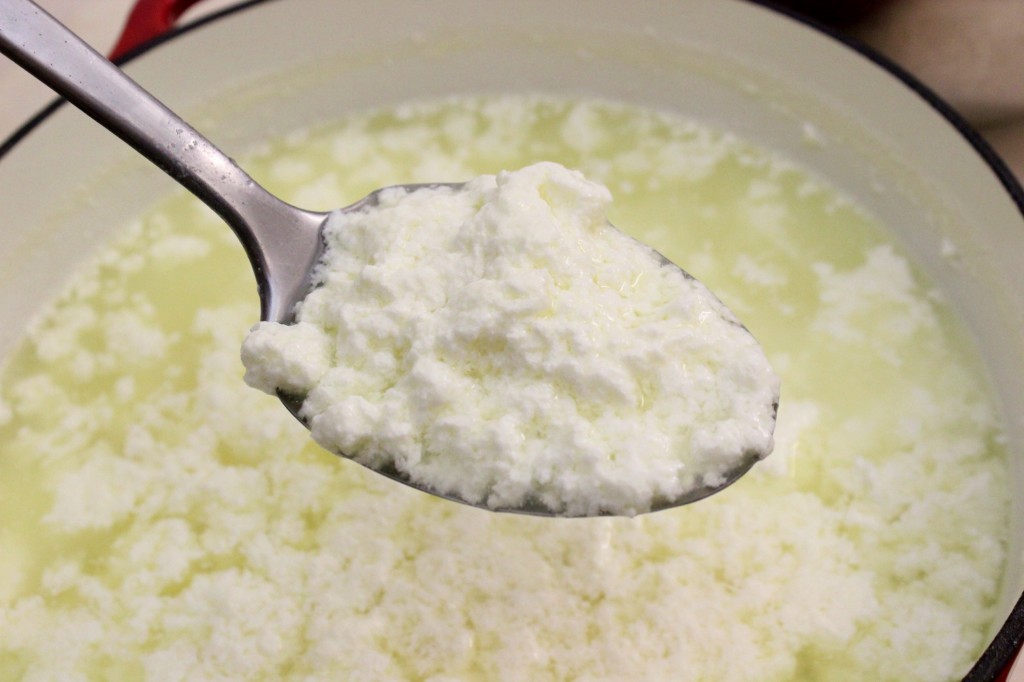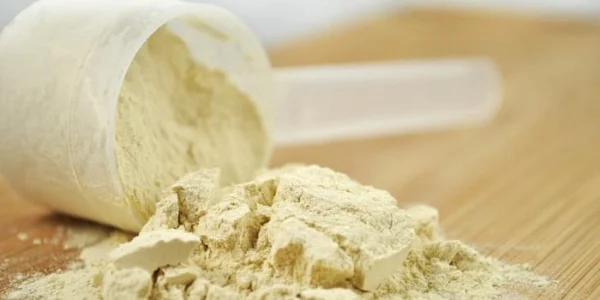Chances are you are already using whey protein to help you meet your daily protein goals. Theres also a high likelihood that while browsing whey protein supplements you might have come across Casein Protein. And you might have wondered, should you use whey protein or switch over to casein protein. Whats the difference?! Don't worry, the GYMCADDY team has you covered.
As we’ve explained in the past, Whey protein is made from the liquid from curdling milk. Casein is also made from curdling milk, but instead its made from the actual curds. Casein has all of the essential amino acids humans needs thus is considered a compete protein. Its also very easy to digest. Along with the amino acids, casein also contains peptides that aid the immune system. Casein supplements, especially micellar casein, also have the unique capability of curdling within the stomach. This curdling creates a unique “bolus” structure with special molecular properties that helps enzymes in the stomach absorb the health-promoting peptides much more effectively. This bolus structure is also the reason casein has grown in popularity within the fitness industry, since it keeps the protein in the digestive tract much longer, giving your bloodstream a slow dose of protein for up to 8 hours!
Although casein does not contain high levels of the muscle building amino acid leucine, it does however have anti-catabolic effects. This means that even though it doesn’t build muscle as quickly as other supplements, it can at least minimize muscle breakdown from occurring. And with this anti-breakdown property, casein is believed to be best taken right before bed. Since most of the catabolic effects we humans experience happens during sleep when our body is recovering, theoretically ingesting casein before bed will protect us from all the protein breakdown. Although it is a logical assumption, no studies have ever shown pre-bed casein consumption having any benefit over other sources of protein nor is the catabolic issue a big deal if you’re training regularly, which you should be doing already. And unfortunately for casein, its magical slow-digestion luster begins to unravel once you realize how common it is. Fact of the matter is, the added benefits can be found in real food, especially in complete meals containing a healthy mixture of proteins, fats, and carbs. Not only does it take just as long to digest, but the added carbs can also aid in total protein uptake in the muscle cells and the fat supports digestion of important micronutrients such as Vitamins A, D, E, and K. As far as gainz, simply eating enough protein, regardless of the source, trumps everything else.
Just like whey, if you’re already chomping down .8 to 1.5 grams of protein per kg of bodyweight from real food, adding a casein supplement will do very little. But, if you do have trouble eating enough protein, casein can definitely help, but be aware that casein will make you feel more full than other protein supplements due to its curdling effect. Which could come in handy if you’re on a diet. Over all, casein isn't that much different from whey. It’s simply a protein supplement you can take to help you meet your daily protein needs. There really is no need to take whey and casein at the same time. Instead you can try using casein when on a cut to help you reduce muscle loss.
But Wait, Theres More 💪







